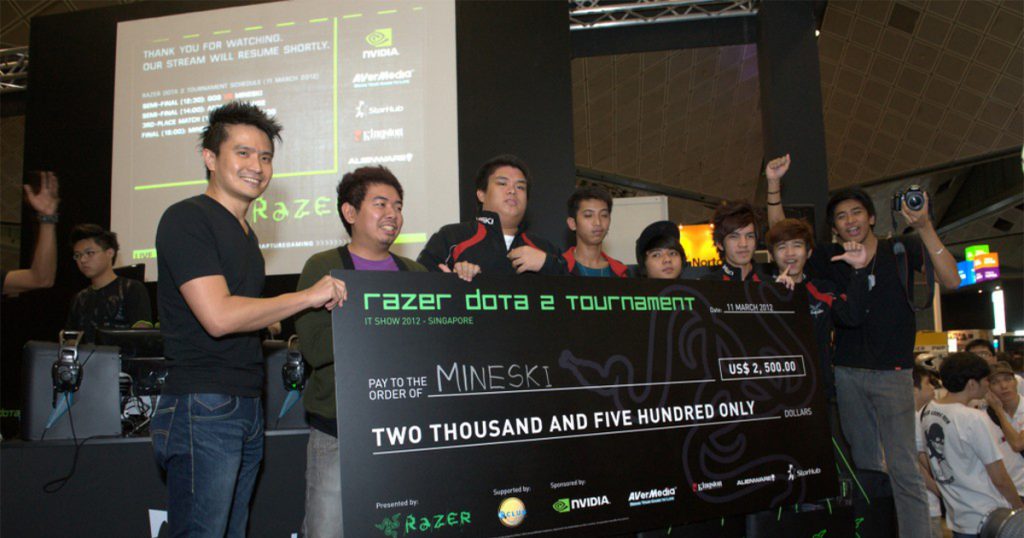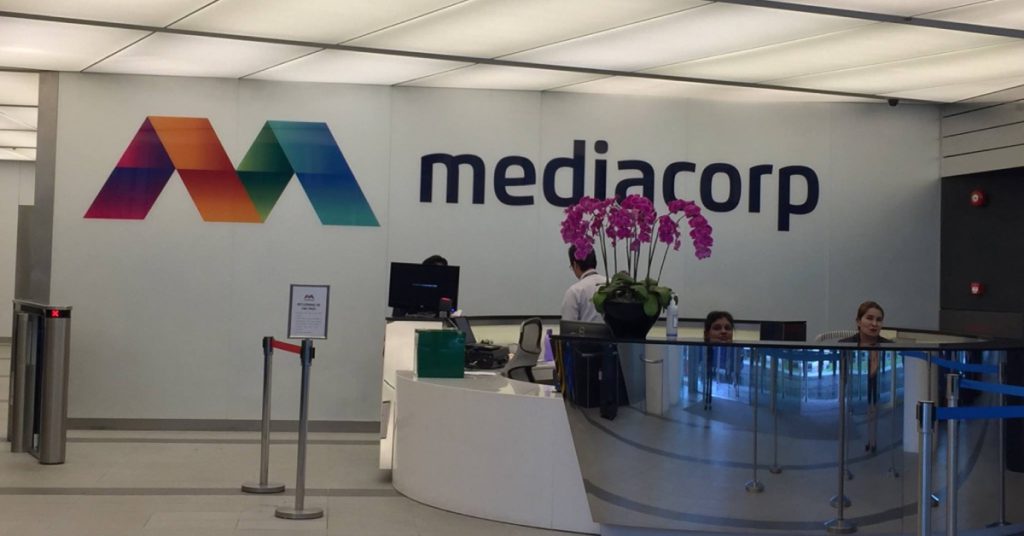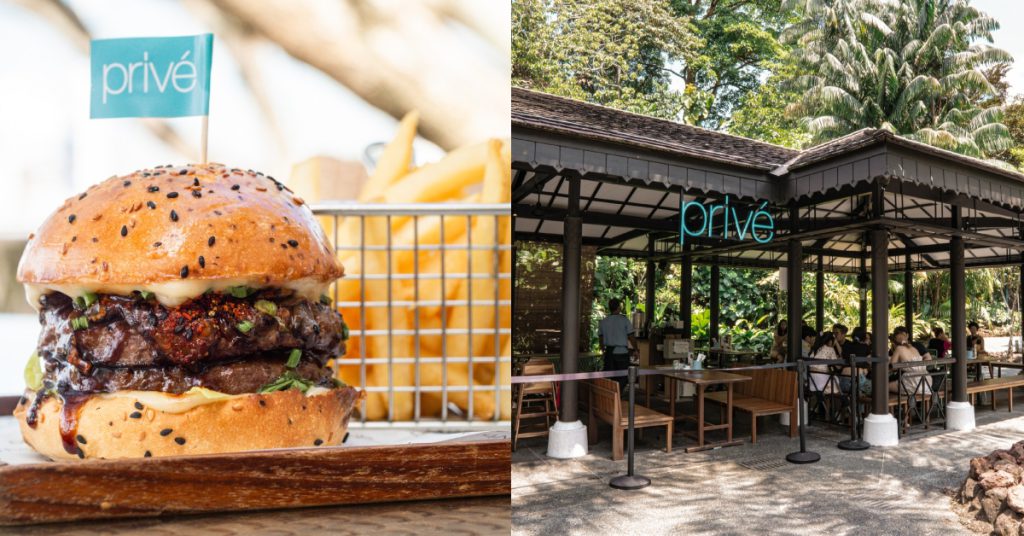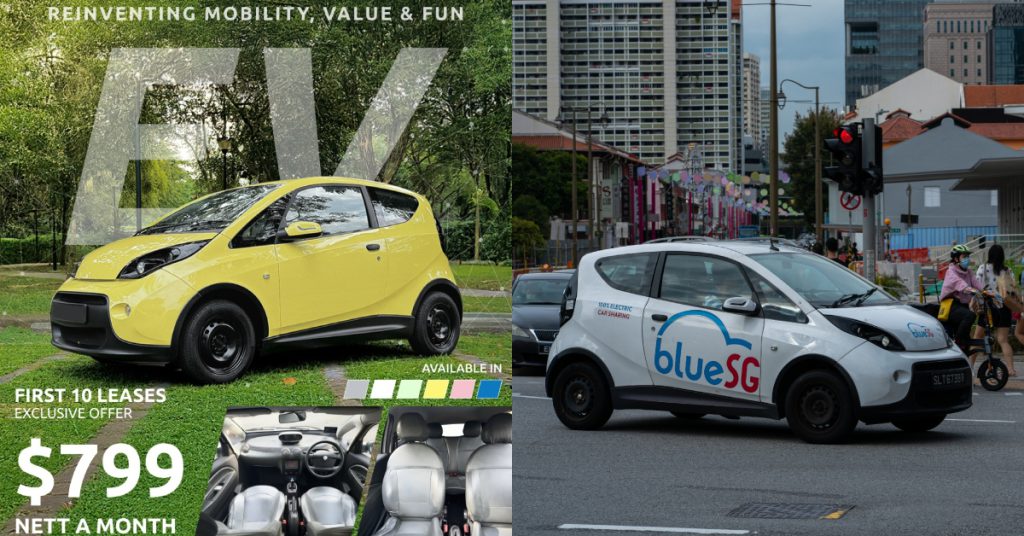Esports have been on the rise in the west with million-dollar prize pools to boot. According to trackdota.com, the most recent Manila Major for Dota 2 drew over 122 million impressions, with 2.1 million viewers for the Grand Finals.
The Worlds Championship for League of Legends in 2015 took in a reported 334 million impressions over four weeks, with a peak concurrent viewership of over 14 million.
With so many eyes on Esports, popular brands like Intel have taken to organising their own Esports tournaments to capitalise on Esports as an advertising opportunity. The Intel Extreme Masters (IEM) series has been running since 2006 with 3 Esports titles: Counter Strike:Global Offensive, League of Legends and Dota 2.
Where is Singapore in this global phenomenon? We took to esportsearnings.com and found out the stories behind the 10 most successful Singaporean Esports players.
10. Wilson “Tetra” Chia (US$18,000)

With a breakout performance in the 2005 World Cyber Games (WCG) claiming silver in Dead of Alive Ultimate, Tetra became a household name in the scene.
In a tragic turn of events, he was banned from the team portion of CGS in 2008 for disrupting filming by slapping his manager on camera. However, his first place win of US$10,000 at Dead or Alive 4 in CGS 2007 should not be overshadowed by such a controversial event.
Tetra put Singaporean Esports on the international map and his pioneering spirit continues to be emulated by the other Singaporeans on this list. When reached, he commented that he is not playing video games competitively at the moment.
9. Koh “HaRleLuYaR” Jason Wei Hao (US$20,034)

The star jungler for Singapore Sentinels, HaRleLuYaR was also part of the Garena all-star team in 2013 alongside Singaporean Mid, “Chawy”.
After the Singapore Sentinels disbanded in September 2014, HaRleLuYaR continued participating in GPL with Insidious Gaming Legends, only managing to place 3rd in the Spring season.
Currently a sub for Team Vestigial, HaRleLuYaR has been relatively quiet in 2016. Our guess places him still in National Service, which is a common reason why Singaporean gamers disappear from the professional gaming scene. We look forward to his return to League of Legends.
8. Royston Chee “LoveQuinny” Jin Sheng (US$30,000)

Part of the legendary Scythe.SG team featured in Valve documentary Free to Play, Royston was a founding member of Scythe.SG together with Benedict “hyhy” Lim Han Yong.
Back in 2006, they were competing in local Dota tournaments before being invited to the first ever “The International” at Gamescom 2011. For Singaporean Dota 2, Lovequinny is one of our lesser-known pioneers.
Royston no longer competes in professional Esports, but can be still found following up on Dota 2 developments in his free time.
7. Aaron “Aaron” Koh (US$34,101)

Aaron’s breakout performance as a Hearthstone player under team ManaSurge occured on the WCA 2015 stage, where he walked away with 3rd place and (US$30,000) in prize money.
In an interview with Redbull, Aaron revealed the hard work behind being an Esports professional: “You have to be willing to sacrifice huge amounts of personal time to prepare for tournaments and watch streams to learn all the little techniques and skills that are available in the game. ”
Aaron is actively participating in South East Asian Hearthstone tournaments, training towards the Hearthstone World Championship.
6. Toh “xy” Wai Hong (US$ 39,694)

Wai Hong was part of the 2011 Scythe.SG team together with other top earners “Chawy”, “LoveQuinny”, “hyhy” and “iceiceice”, which reveals a huge problem which undermines Singaporean Esports: the local prize pools are simply too small to support our professional players.
To illustrate this accurately, 93% of Xy’s winnings (US$ 37,000) came from The International 2011, which is, as its name implies, an international competition.
Consistently placing in the top 2 of 6 South East Asian competitions from 2012-2014 only netted him US$2,694, slightly more than the median one month’s pay for a new graduate in Singapore (US$2,443).
5. Benedict Lim “hyhy” Han Yong (US$51,305)

Every scene has a leader, and “hyhy” was that leader for Singaporean Dota 2. At the helm of Dota 2 teams which dominated the Singapore scene until he transitioned to League of Legends in 2012, his experience as an in-game leader is unparalleled.
At heart, “hyhy” calls himself “a normal guy”, “spending [his free] time with friends and family or trying to get lucky with chicks”. For “hyhy”, it seems that doesn’t really take a particular person to be a leader, rather, it’s about having the right mentality and working towards it.
Benedict stars as one of the main characters in Valve documentary “Free To Play”. He regularly streams on Chinese streaming website douyutv.com and is officially part of a Chinese Dota 2 team called White Fries Gaming.
4. Wong “Chawy” Xing Lei (US$56,900)

If you ever need to find someone who hung in there and made the best out of Esports no matter the cost, look no further than Chawy. Switching from Dota 2 to League of Legends (LoL) and consistently staying at the peak of competition, Chawy’s willingness to adapt is an admirable trait.
Singapore’s Esports industry is relatively small as it lacks the backing of a large companies. As a result, Esports titles flare up but die relatively quickly, and oftentimes without much fanfare.
Chawy’s efforts were recognized overseas as he was picked up in 2014 by the Taipei Assassins, who won the World Championship in 2012. However, in the same year, he was found guilty of boosting his friend’s account for money and was subsequently banned from competition. Chawy currently plays as a sub for AHQ, another Taiwanese LoL club, his ban having ended Jan 2016.
3. Ho “Xian” Kun Xian (US$63,984)

Xian’s popularity in the fighting games community exploded in 2013 after he took 1st place at the biggest international fighting game tournament, Evolution.
Xian’s story is one of hard work and perseverance. In 2012, Xian ran a cyber gaming cafe called “Tough Cookie”and survived on less than US$10,000 a year whilst training and competing as a professional gamer. What extra income he earned was used to supplement his travel costs, which were sometimes more than the prize money he won.
Towards the end of 2012, Xian revealed in a Redbull interview that he was approached by a sponsor who gave him the money to travel. Finally without worry, Xian would go on to consistently place top 8 in every competition he participated in from 2013 through 2014.
Since then, Xian was picked up by Razer, a Singaporean computer hardware developer based in US, and now travels the world participating in international competitions. He tells people to “follow their dreams, but do it wisely”
2. Jeng “NutZ” Yih Wong (US$168,376)

Most of NutZ’s story occurs overseas, with his local efforts going largely unrecorded. In 2012, NutZ was already a household name in Singapore’s Dota 2 scene together with AEON, but they lacked the recognition to be able to compete internationally.
He was picked up by the now-defunct Flash E-sports in 2013, but was released in the same year due to roster instability. Obligations such as family or national service often break Singaporean teams apart, making it difficult for a team to improve together.
NutZ’s patience was finally rewarded in October 2014 when he was picked up by Korean Esports organization MVP. With them, they eliminated previous year’s champions Newbee and took home US$824,000 in prize money, losing to China’s Vici Gaming.
1. Daryl Koh “iceiceice” Pei Xiang (US$884,113)

Currently the most successful pro gamer from Singapore, it was only 3 years ago that Daryl could still be found competing in local LAN tournaments and winning most of them with his team.
Leaving Singapore to form a legendary version of Team DK in early 2014, iceiceice’s name spread alongside his other superstar teammates, MMY, Mushi, BurNing and LaNm. Placing top 4 in every premier tournament they attended, iceiceice, together with DK, were considered to be the pinnacle of Dota 2 Esports.
In 2014, he earned US$319k in prize money, 2015, US$499k. Esports in the west are supported by regular tournaments with prize pools reaching over US$10 million, allowing the best of the best gamers to thrive on their skill.
Iceiceice’s patience and willingness to venture overseas in order to realize his potential is a great lesson to learn – recognize where your talent can be applied most appropriately, and bring yourself to the market which values you for who you are.

Esports is currently not recognized by the Singaporean government, but there are non-profit organizations supporting local Esports teams like SCOGA.
Malaysia has recently launched their own official Esports divison – eSM (Esports Malaysia) under their Malaysian Sports Commission, and have recently concluded AGES 2016 to show their commitment to supporting Esports in Malaysia.
Feature Image Credit: Nogamenotalk.com














